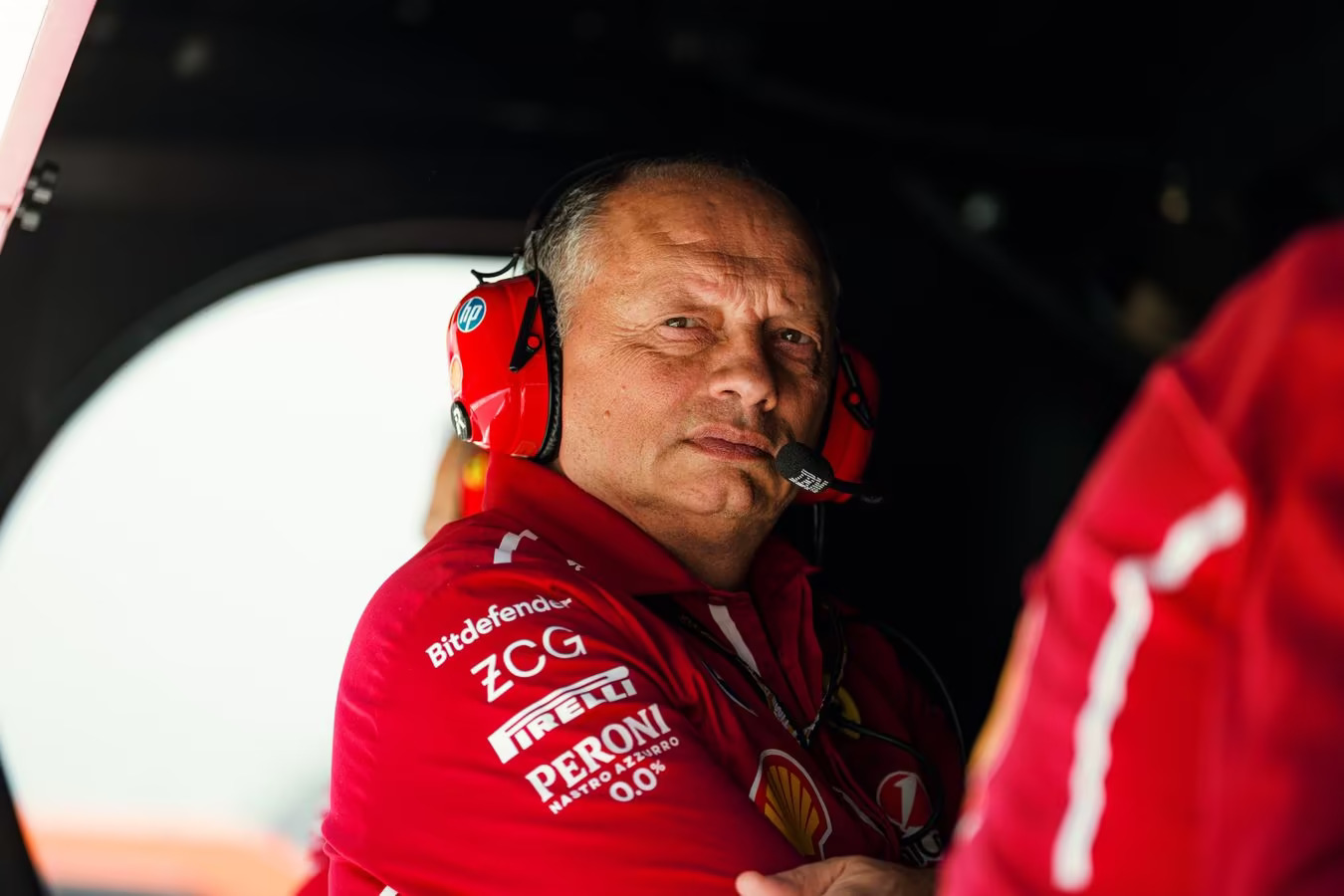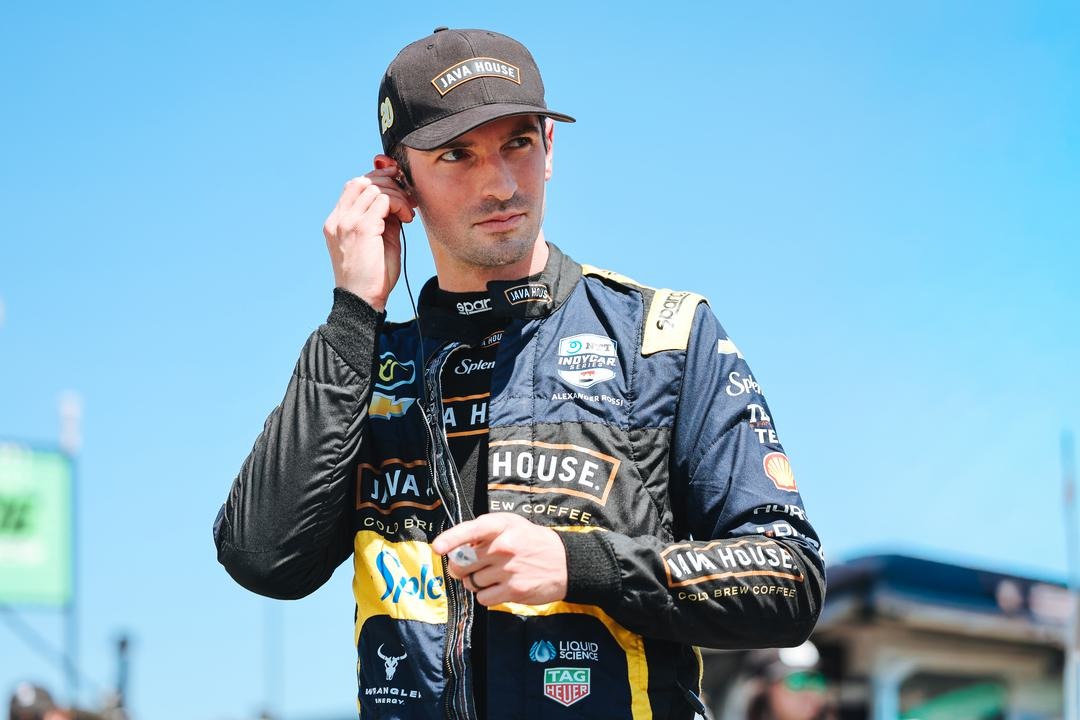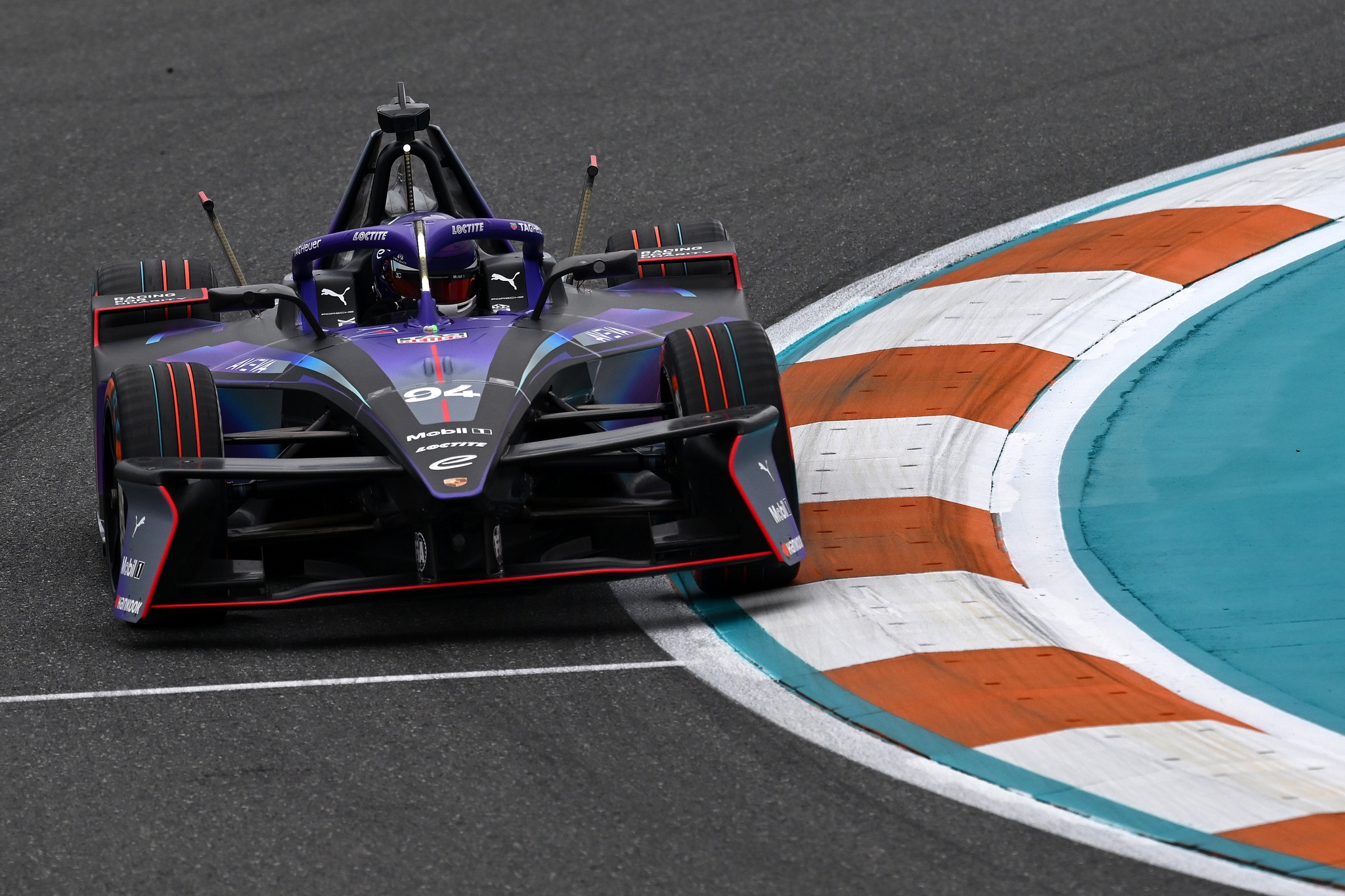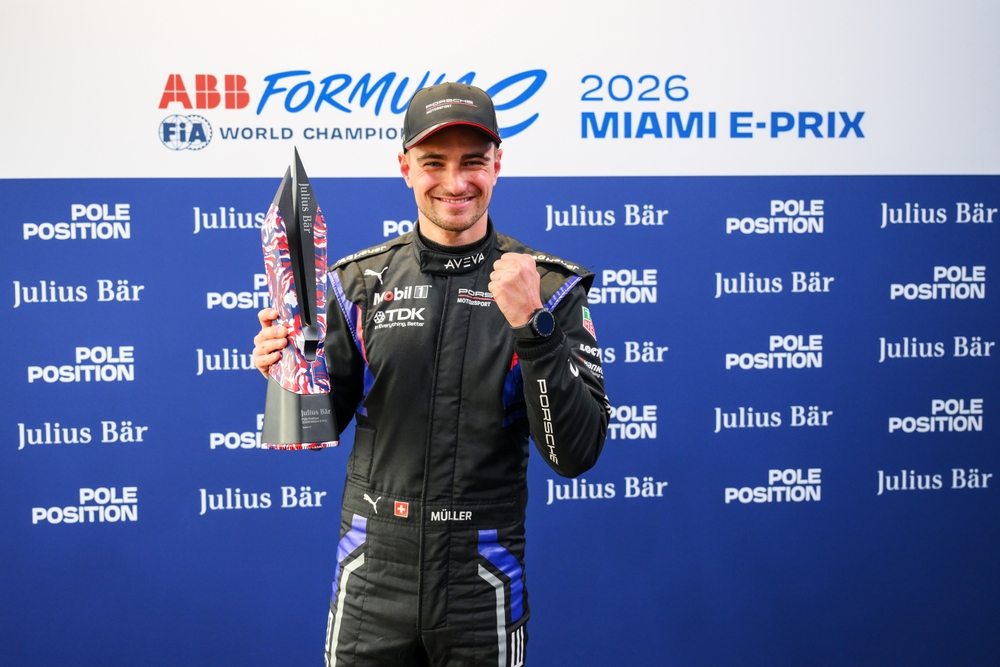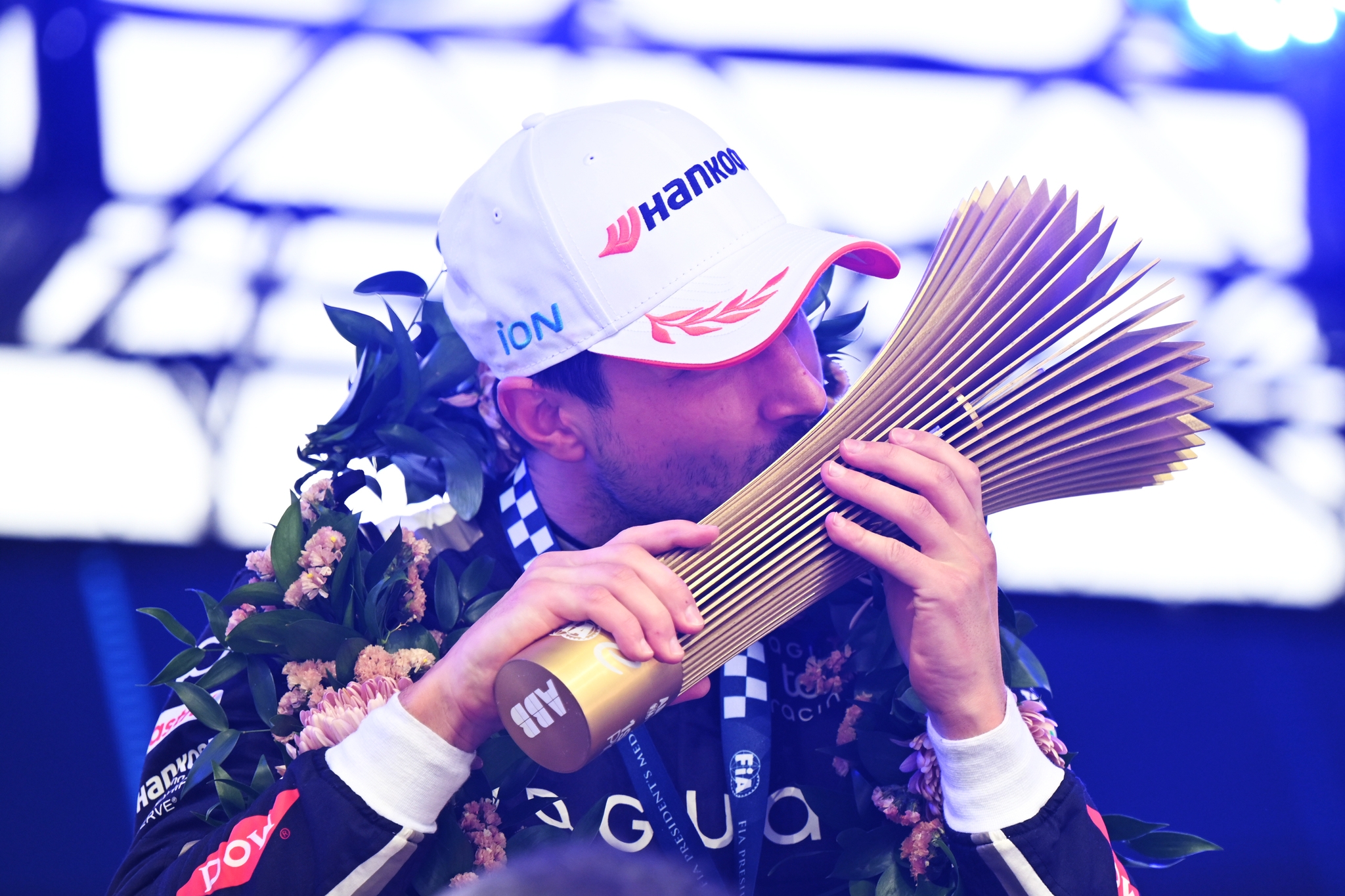Ferrari’s F1 Hungarian GP weekend began like a fairytale, with Charles Leclerc claiming a stunning pole position and dominating early in the race. However, what seemed like a red resurgence quickly turned into a disaster. Team principal Fred Vasseur has now addressed the sudden pace drop that cost Ferrari their best chance at victory in 2025.
Despite a strong start, the race unravelled at lap 40, and it all went downhill from then. Leclerc exploded over the radio:
“We’ve lost all competitiveness. You just had to listen to me. I would have found another way to manage these issues. Now it’s just undriveable. We’ll be lucky to be on the podium.”
Speaking in a print media session after the race, Vasseur admitted even the team was baffled as events unfolded.
“Well, honestly, the situation was quite strange, that we were in control the first 40 laps of the race, that we were very in control the first stint, a bit more difficult the second one, but it was still manageable. And the last stint was a disaster, very difficult to drive, [because] the balance was not there.”
The Frenchman added, “Honestly, we don’t know exactly what’s happened so far. It means that we have to investigate if we have something broken on the chassis side or whatever.”
Vasseur admitted they were concerned they might not even finish the race due to the issue, and considered themselves fortunate to have scored any points at all.
“At one stage, I thought that we would never finish the race, that we can be lucky in this situation to score points before. The first two stints went pretty well, and we completely lost the pace and the pace of the weekend on the last run.”
Vasseur addresses Leclerc’s frustration over his radio messages
When asked why no information was relayed to Leclerc during the race to help him understand the car’s deteriorating behaviour, Vasseur explained:
“The car is still in Parc Fermé and it’s a bit early stage.”
Leclerc’s heated radio messages during the race blamed the team for set-up changes, but Vasseur clarified that the driver’s initial assumptions were wide of the mark. The team principal addressed Leclerc’s comment about energy management specifically. He said:
“No, it was a completely different story about energy management.”
A similar setback struck the Italian team back in Spain, where, in the closing stages of the race, the SF-25 appeared so uncompetitive that a Sauber overtook it. Although the disappointment was somewhat masked by Leclerc securing a podium finish, performances like these have raised serious concerns.
Addressing the suggestion that Ferrari’s race struggles were part of a recurring pattern, Vasseur was clear:
“Yes, once we lost the pace, we lost two or three tenths. Today we lost two seconds. [It is] a bit different.”
Could Ferrari have won without the issue?
When asked if Ferrari could have won the race and held off Oscar Piastri and passed Lando Norris, who was on a one-stop strategy, had they not encountered the issue, Vasseur responded:
“I’m not a strategist of McLaren, but I had the feeling on the pit wall that Norris took this strategy by default because he was 4 or 5 seconds behind Piastri. I think at this stage, Piastri was trying to attack Charles. He tried to do the undercut, [but] it didn’t work.
He mentioned that it was a good approach on their part not to treat both cars the same and to experiment with different strategies. In the end, he believed the pace was likely similar over the course of the 70 laps.
Vasseur added, “It’s always better to have two cars than one, but in this case, the issue is not there; the issue is on our side to try to understand why we lost the pace at the end.”
Vasseur was asked if the team was surprised to see Leclerc matching the McLarens in the first stint, and instead of holding them up, he appeared to pull away. He replied:
“First of all, I think you have to keep in mind also the dirty air. You do the pole position, but it’s always a bit easy to stay in front than to be behind. And I don’t know if the gap in the first stint is two tenths with Piastri, or it’s one-tenth, but in this magnitude, I think the pace was there.”
Vasseur believed that the car had more to give. “We were even able to extend, but we didn’t lose at all the consistency and the tyres,” he said. The decision to pit wasn’t due to degradation but purely to cover off the undercut threat from Piastri.
Ferrari still takes home some hope amid the frustration
Following the race, Leclerc was dejected over losing what he believed was Ferrari’s only real shot at victory this season. Vasseur quickly dismissed the notion, and while Ferrari has some stronger tracks coming up, when asked if he sees the team winning a race, he responded:
“I don’t know. I don’t have the crystal ball. But if you have a look at the Spa, we were back. We were two tenths off in the race. This weekend we did the pole position.”
While acknowledging the team’s disappointment, Vasseur urged perspective when evaluating Ferrari’s recent form. The Hungarian GP represented their first pole position of 2025, and their competitive showing at Spa-Francorchamps the previous weekend had already hinted at improved performance.
“We can also see a lot of positive, for sure. The picture at the end is not the good one. We have a lot of frustration, but we can also take the positives of the last two weekends. We did, I think, a good upgrade on the car. The performance is back.”
Ferrari face growing pressure to convert pace into results. Vasseur insists the Hungarian GP collapse wasn’t down to strategy or driver error, but a rare technical failure. As the summer break begins, Ferrari need to actively search for answers to even have a remote chance of taking the fight to McLaren.

